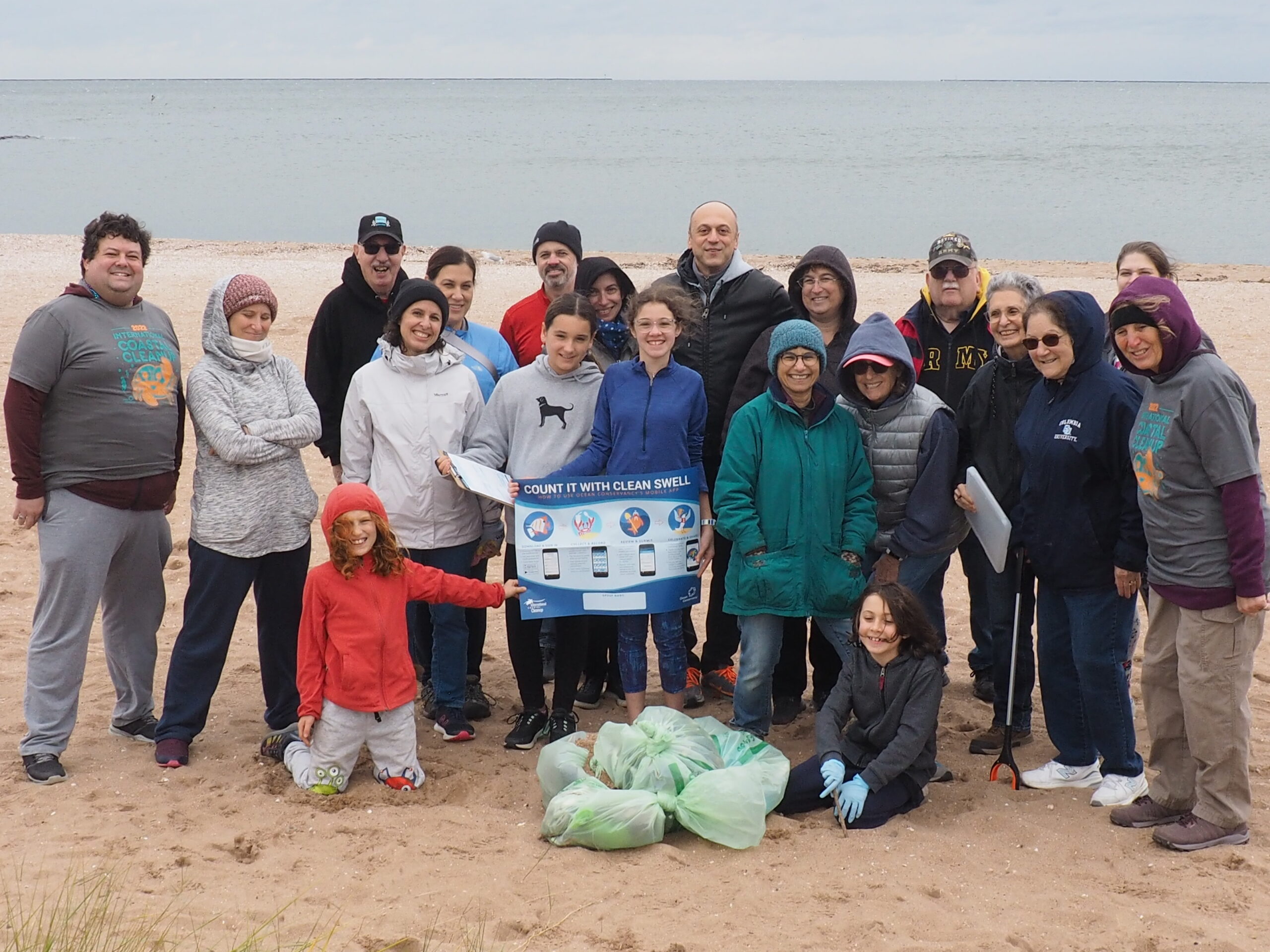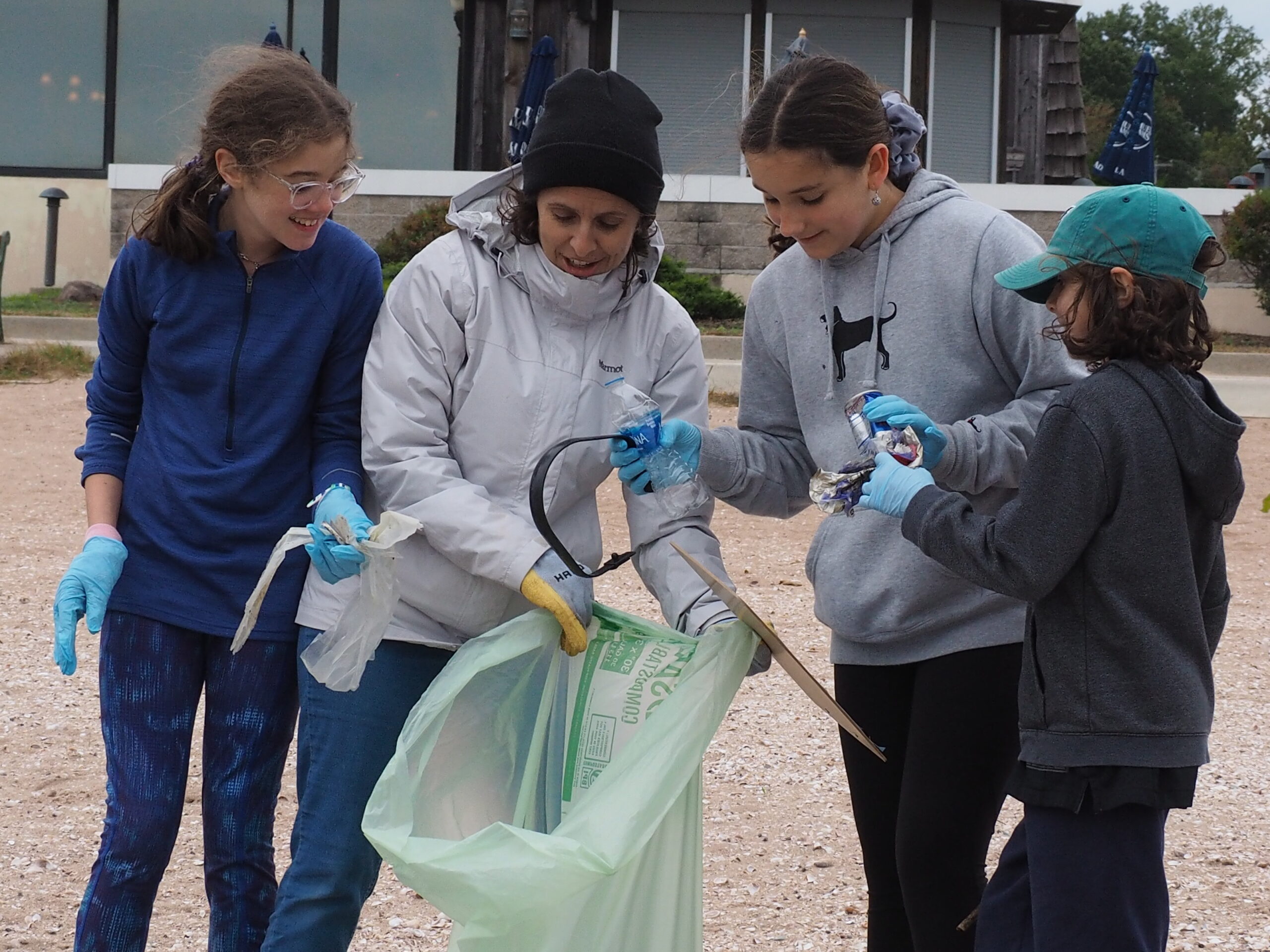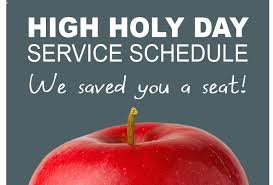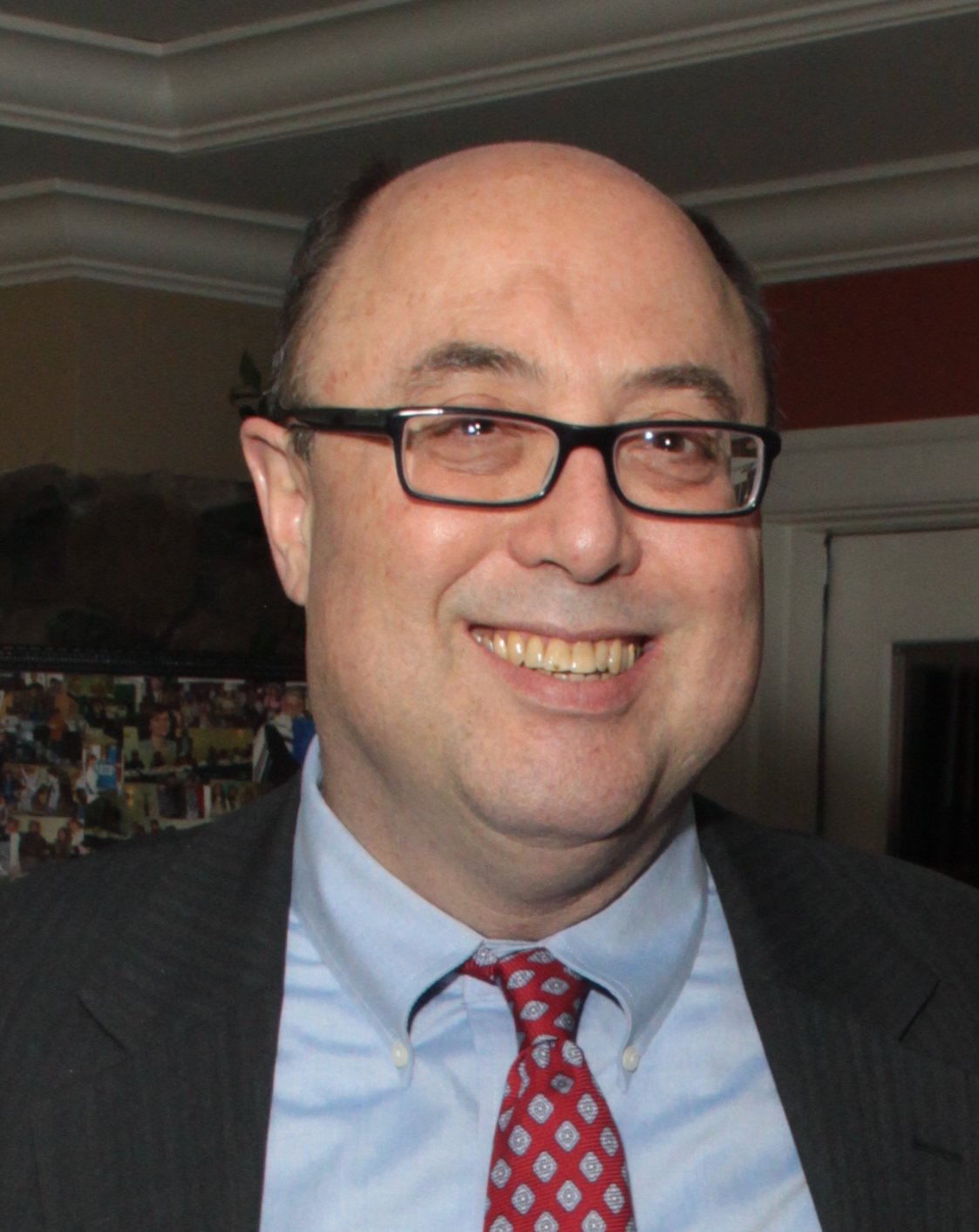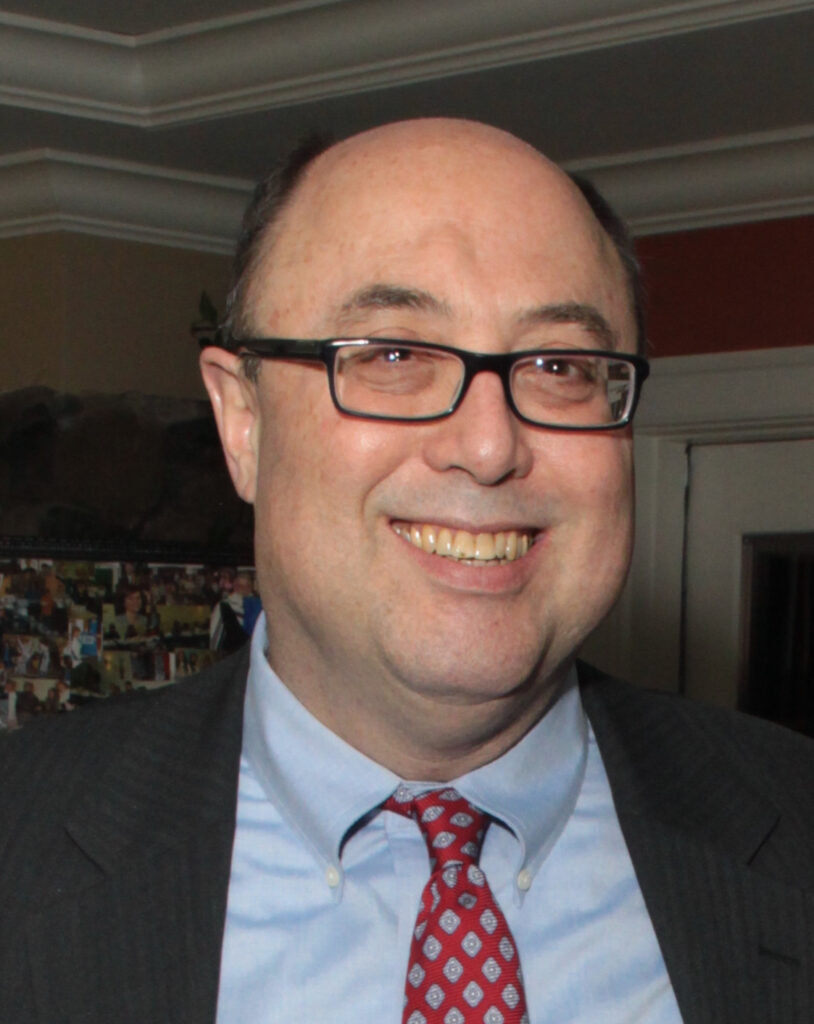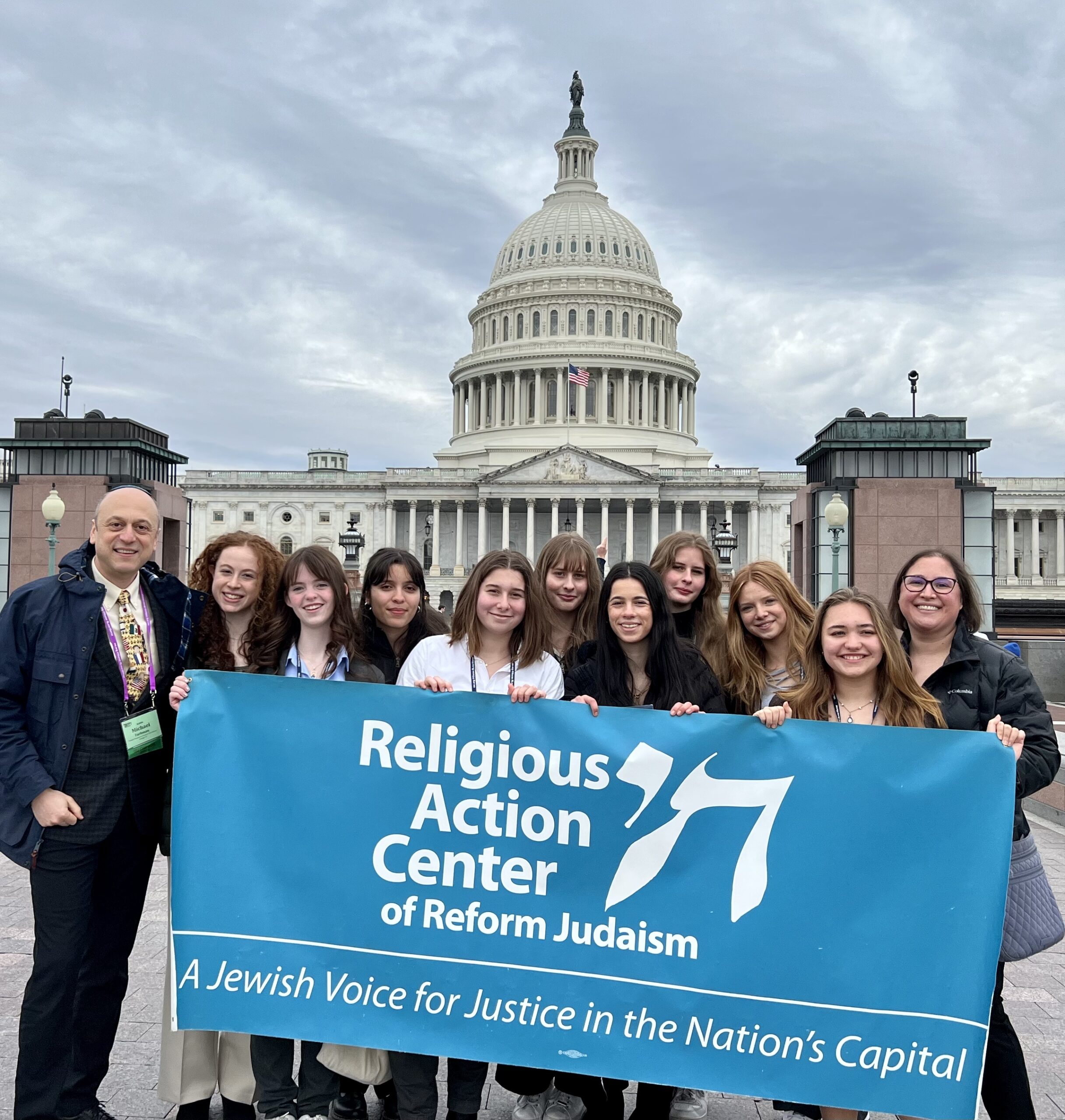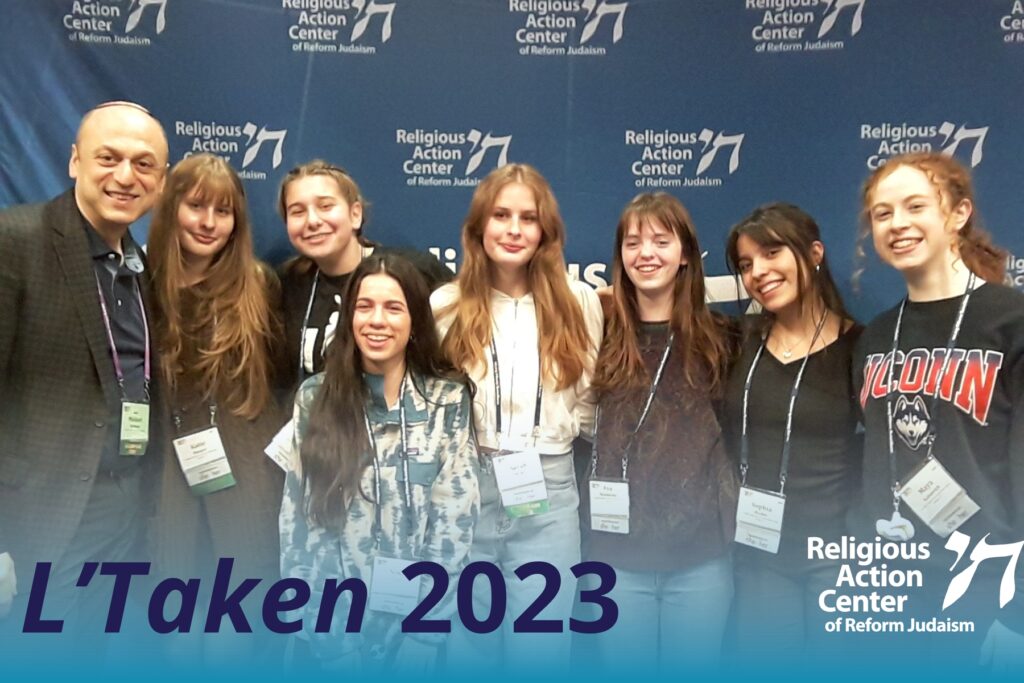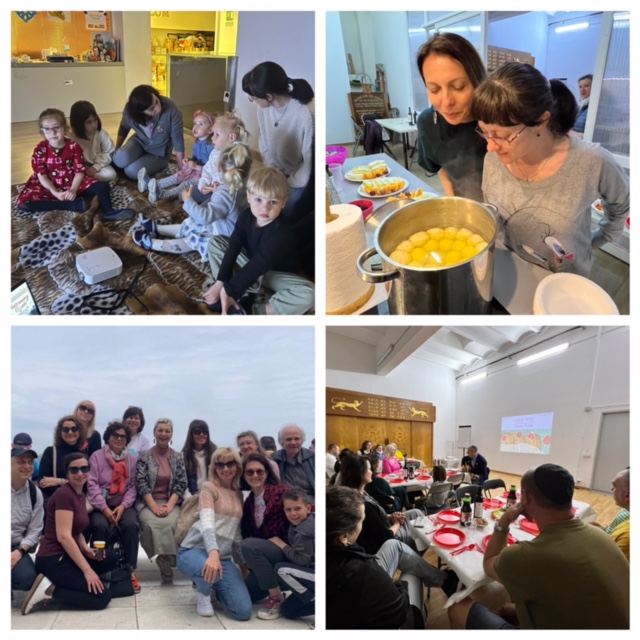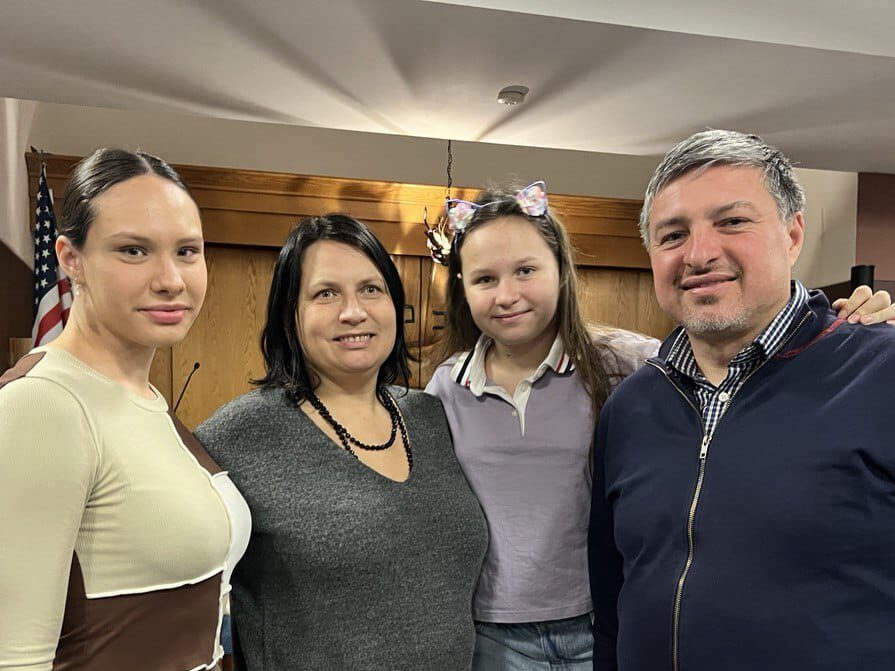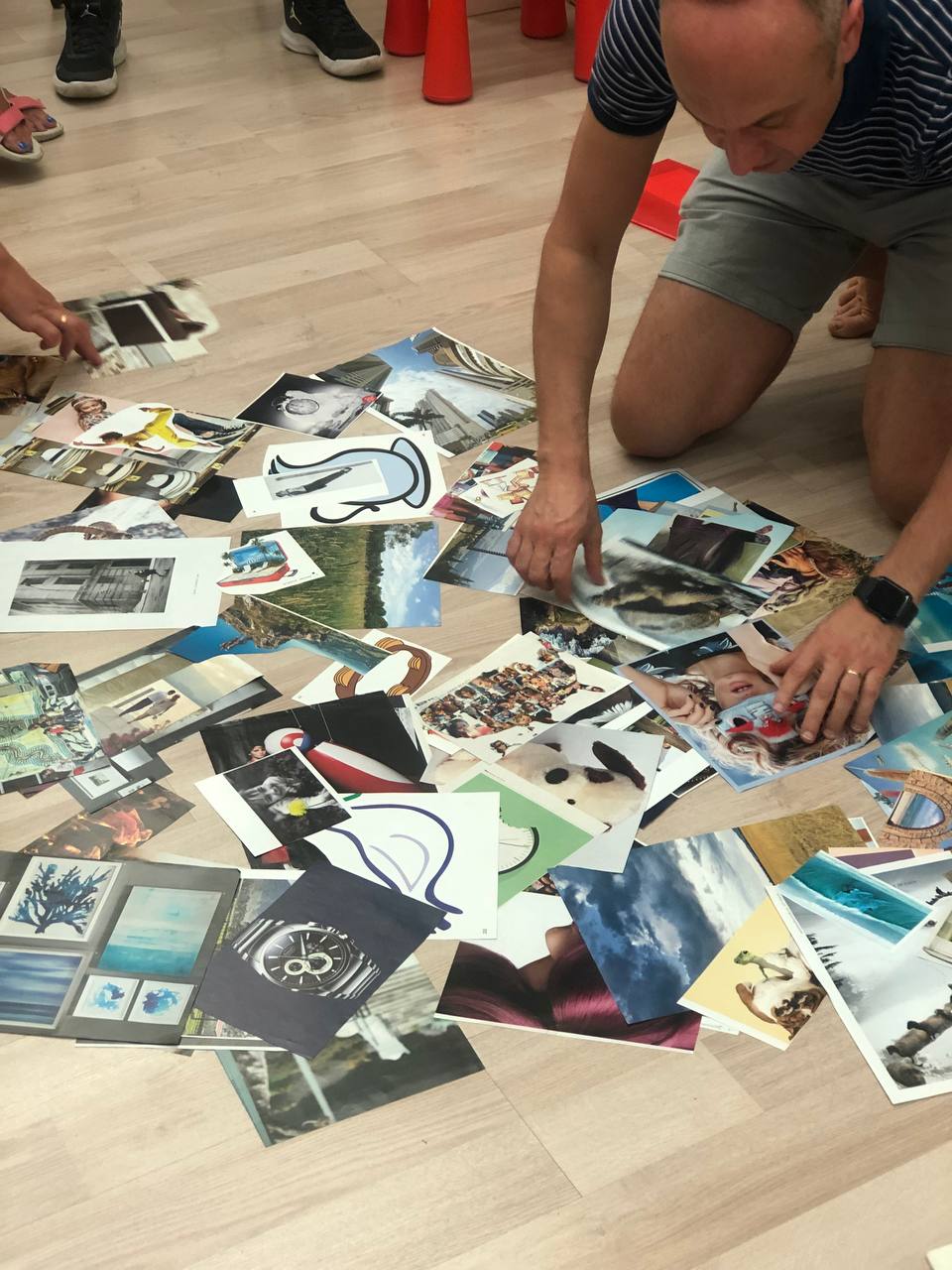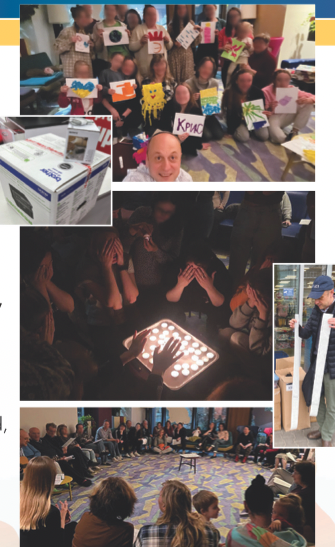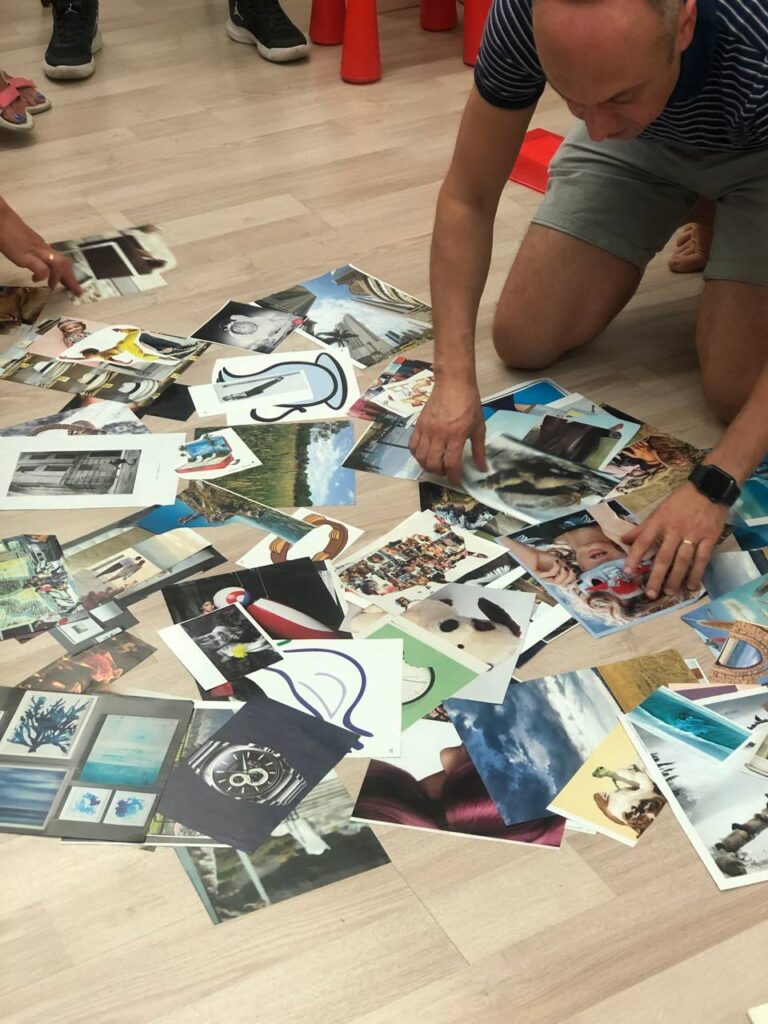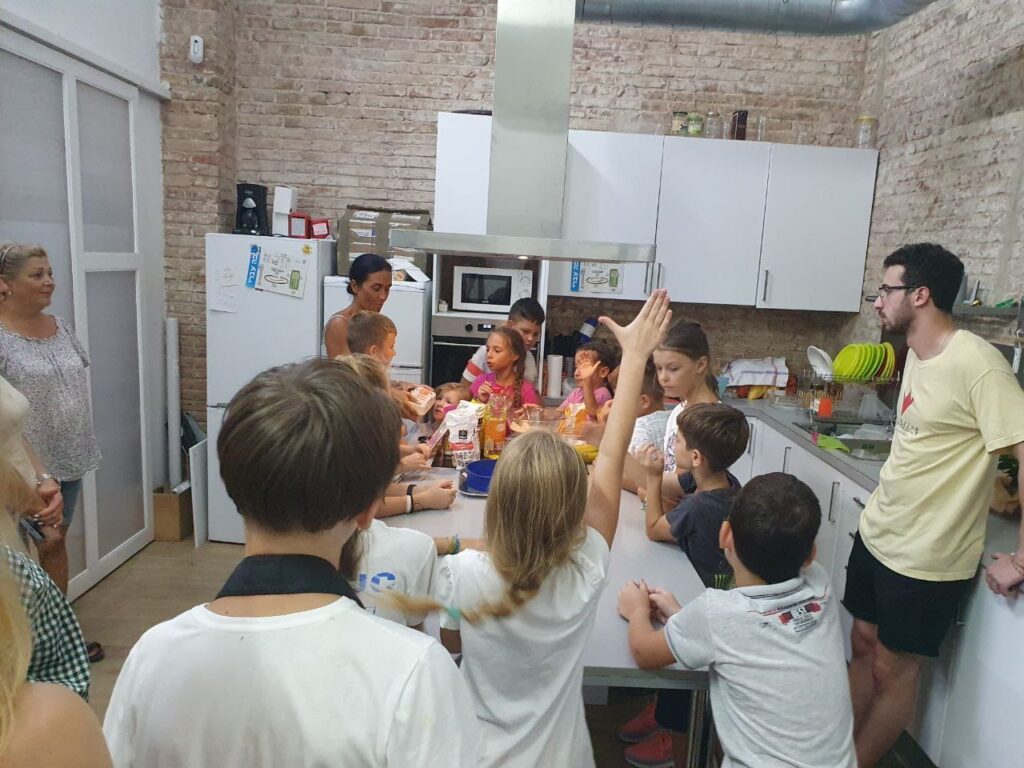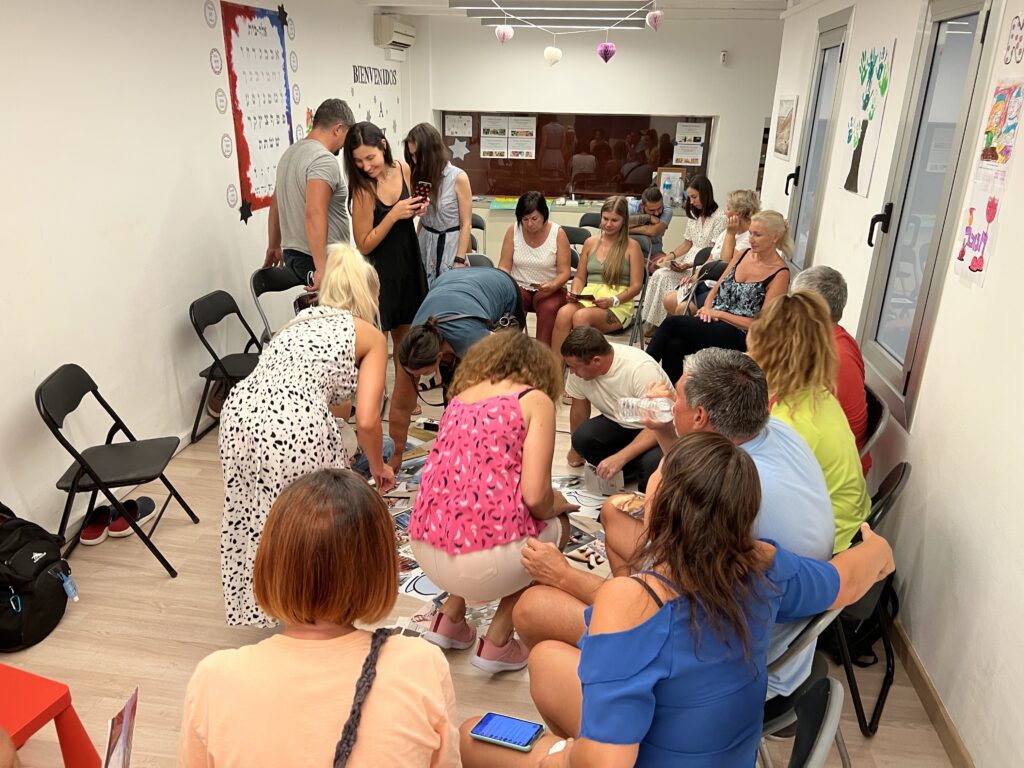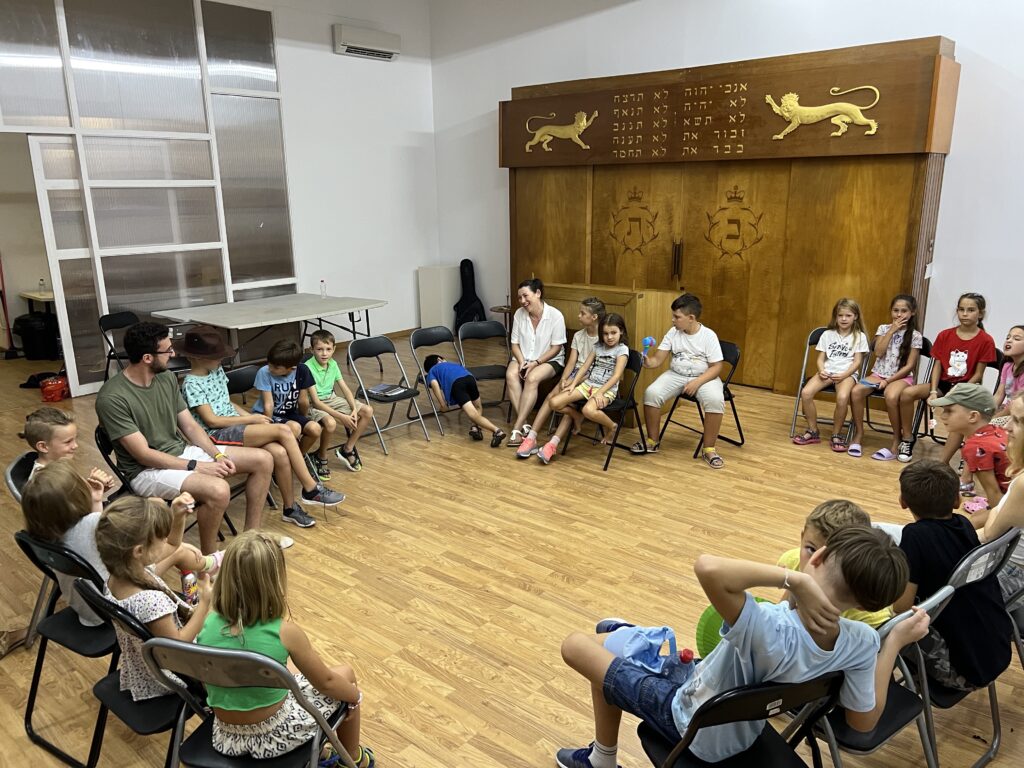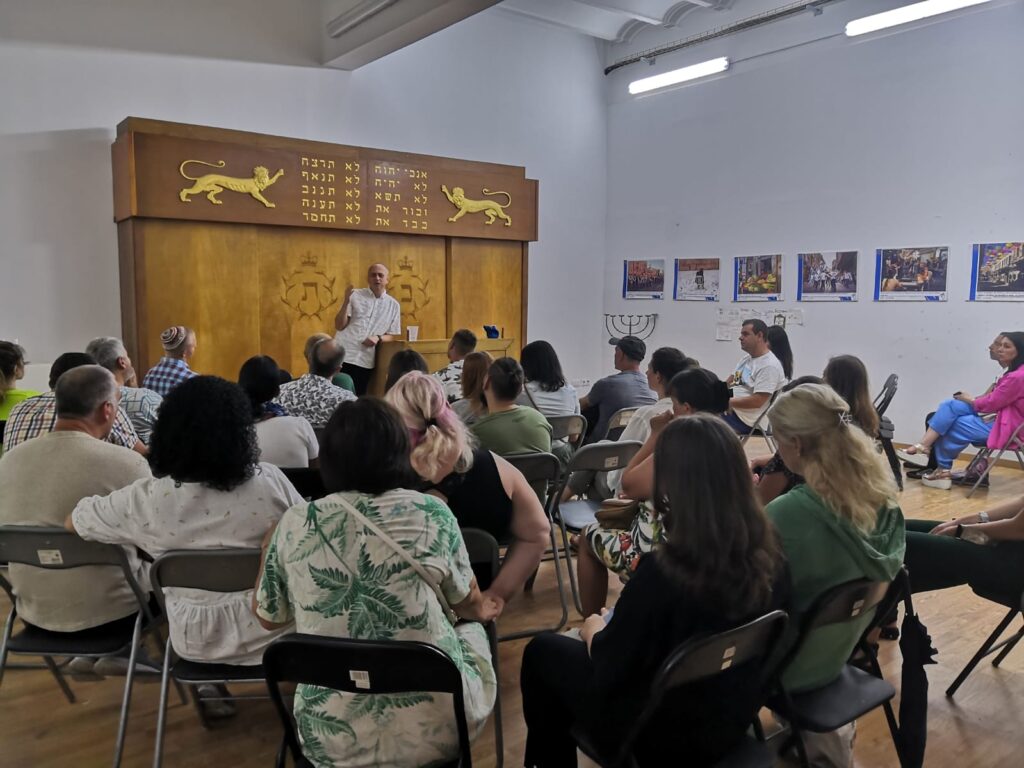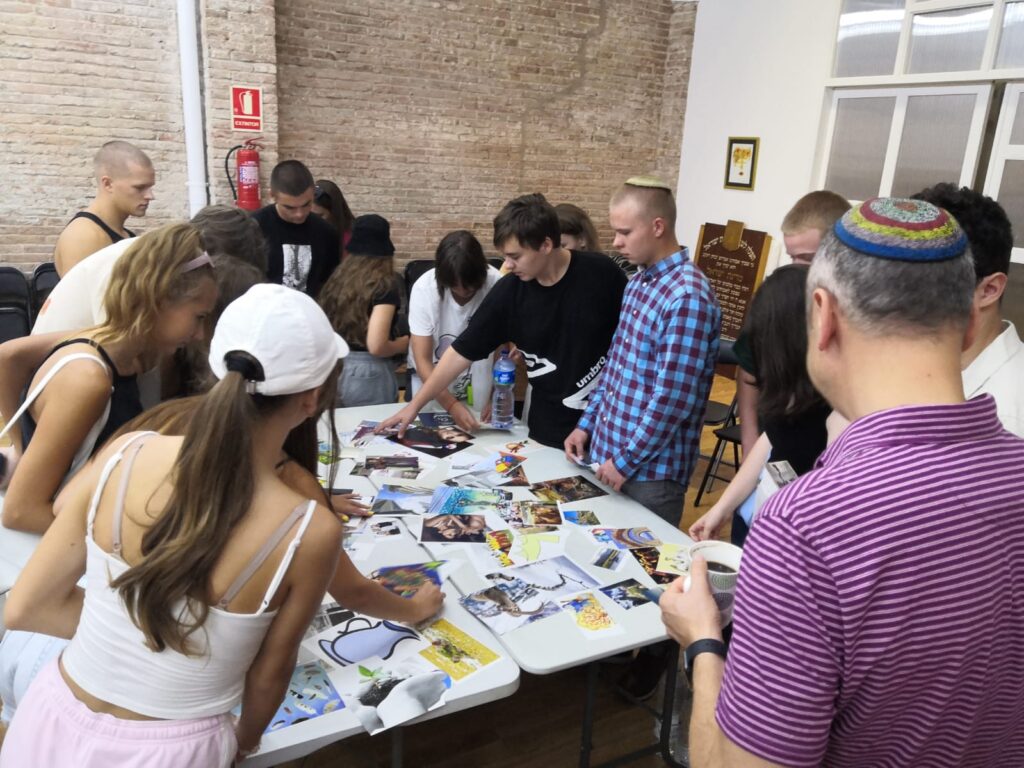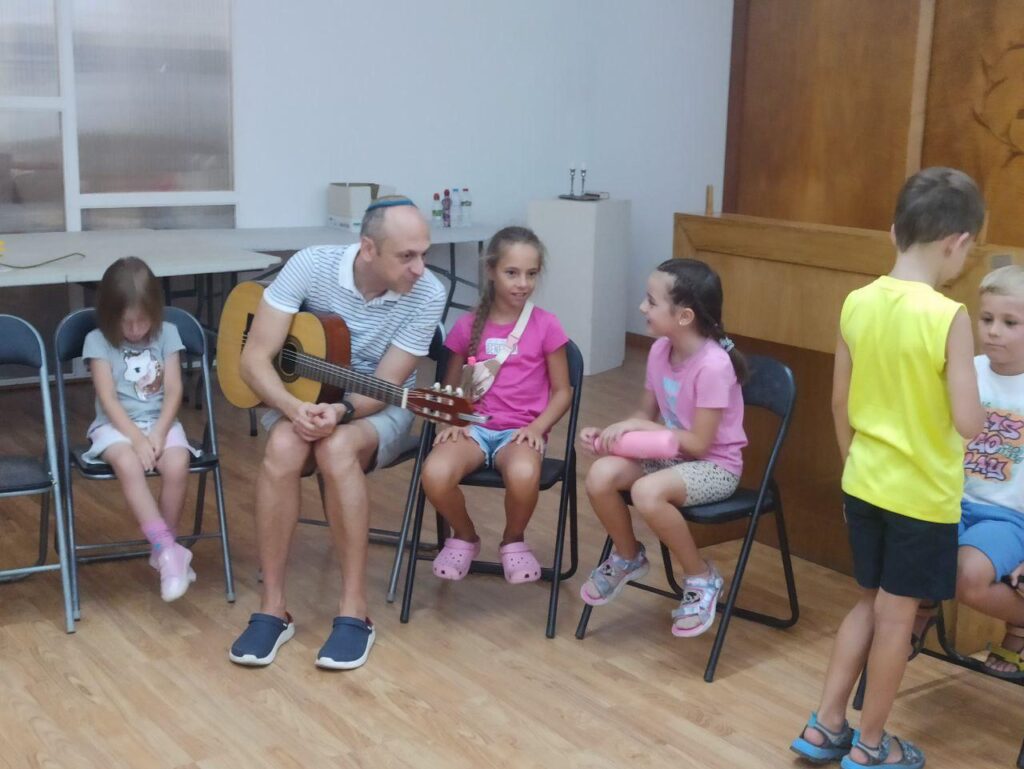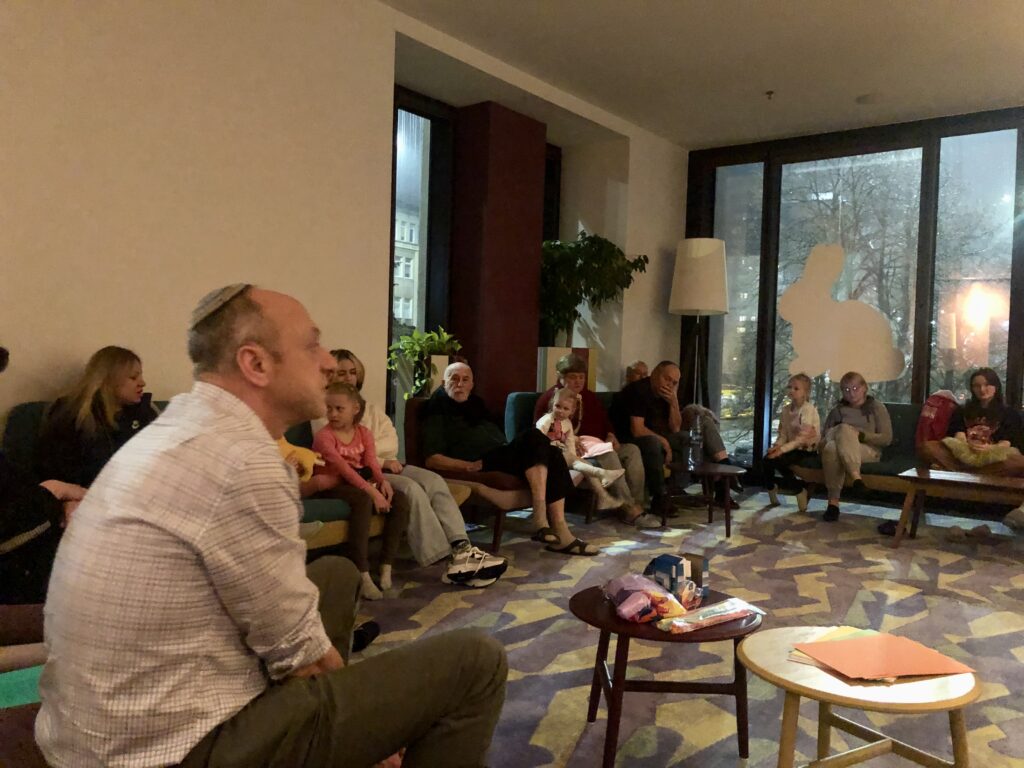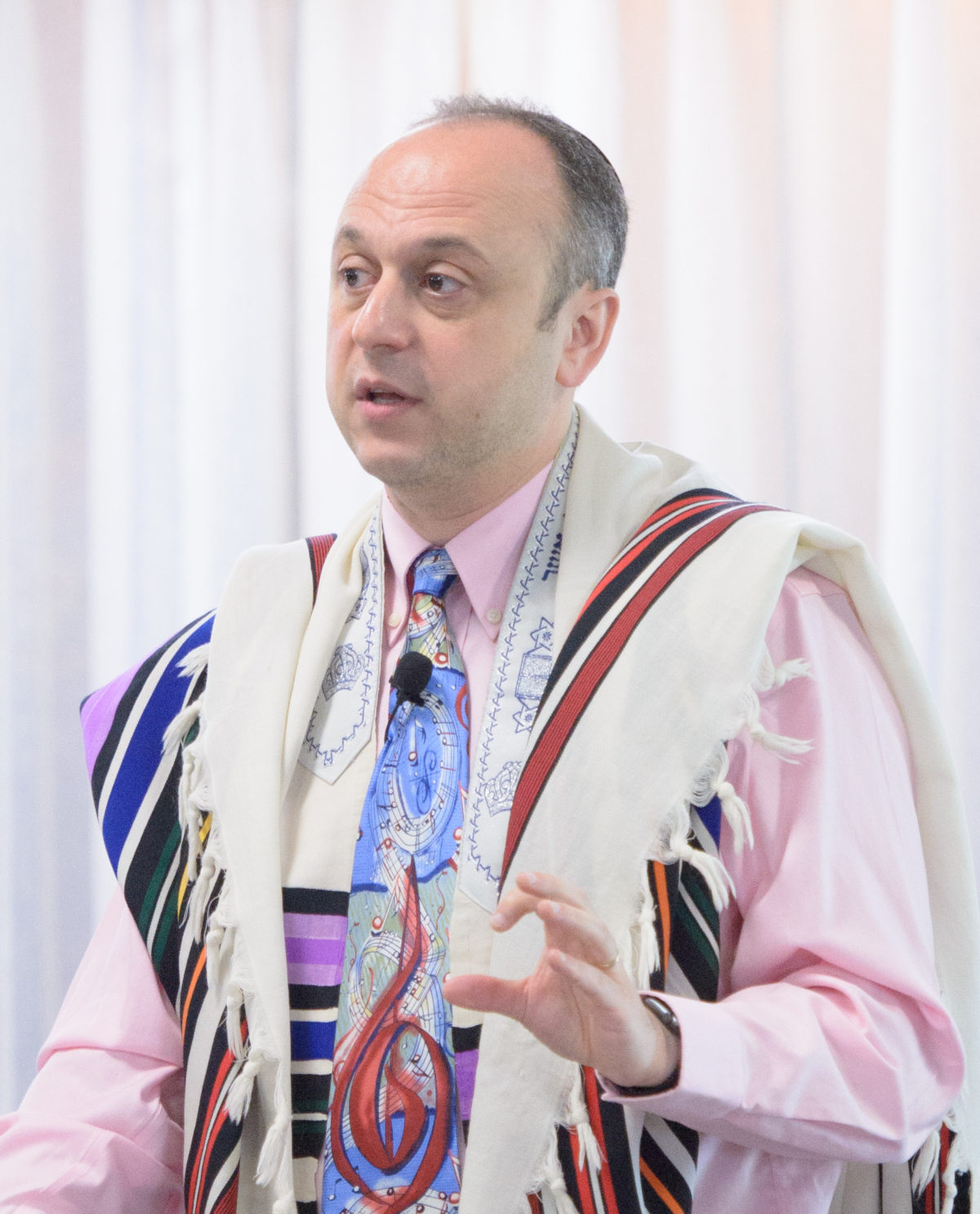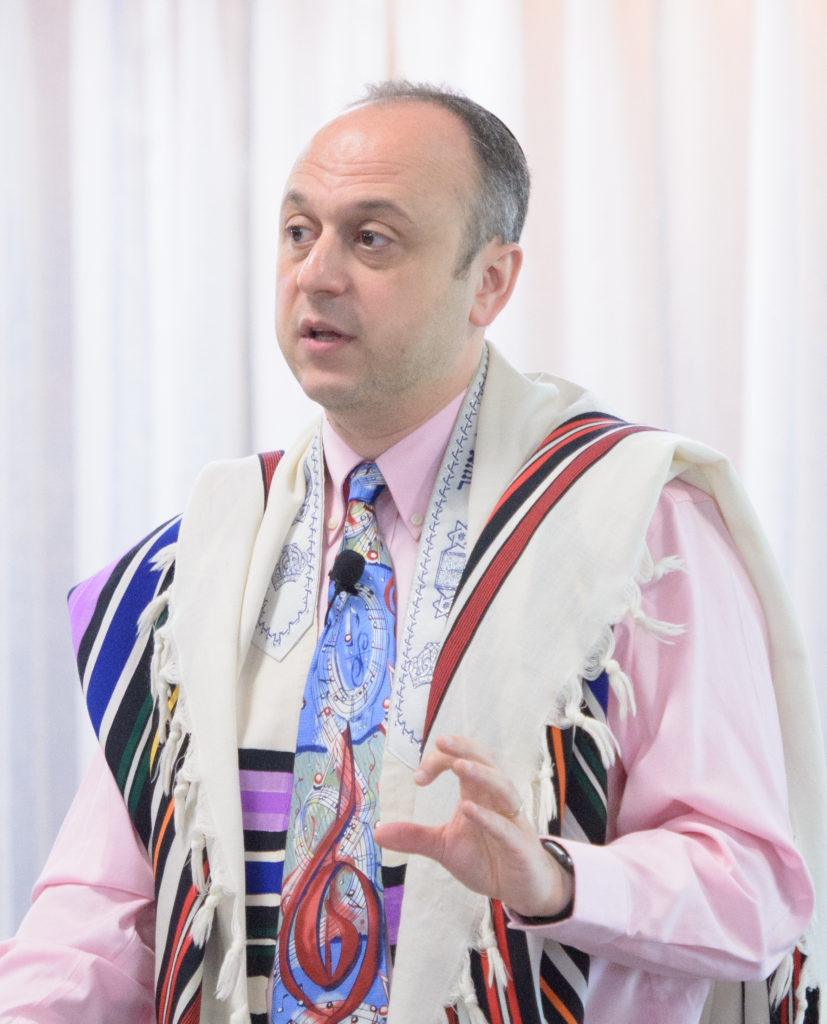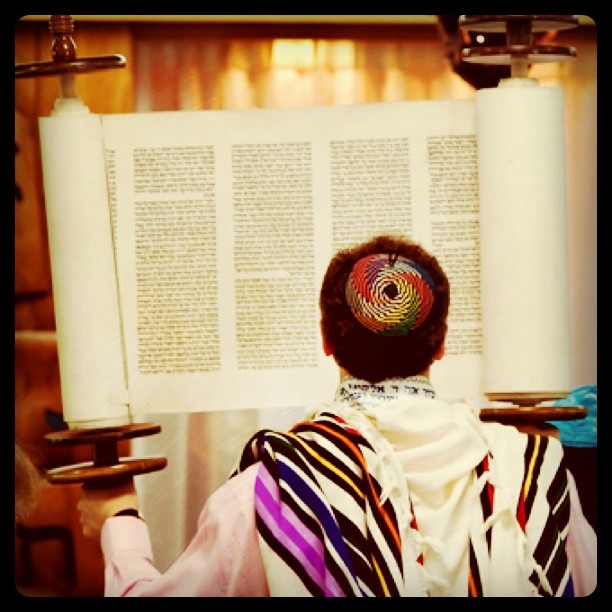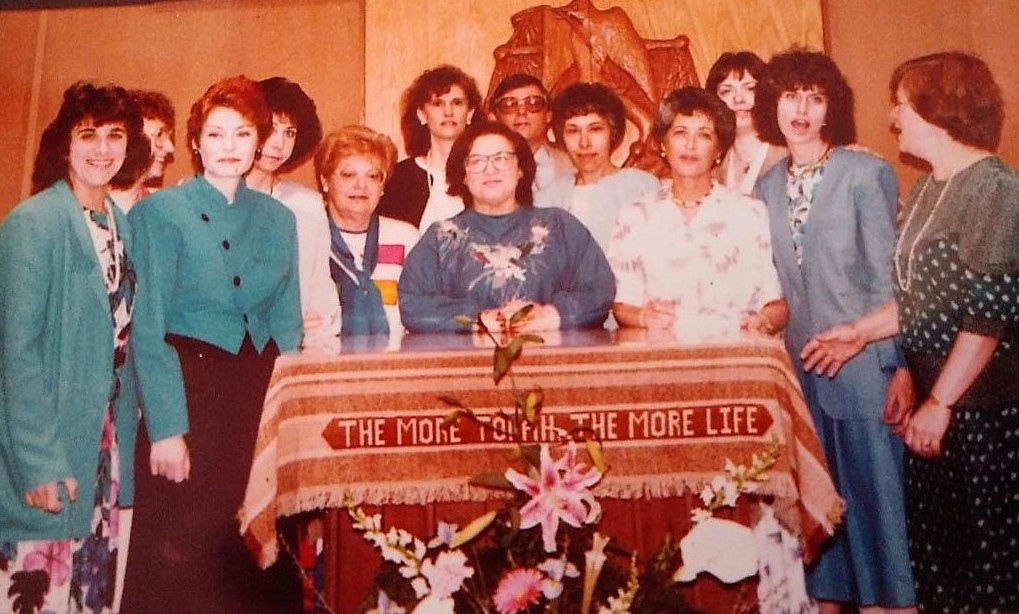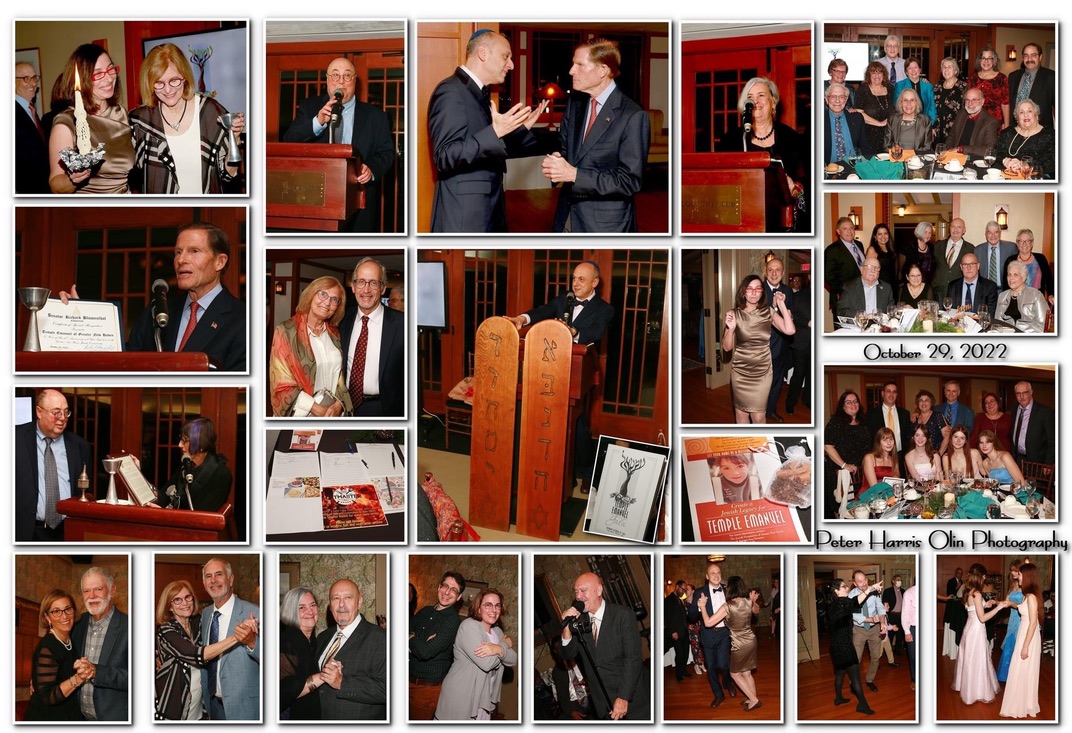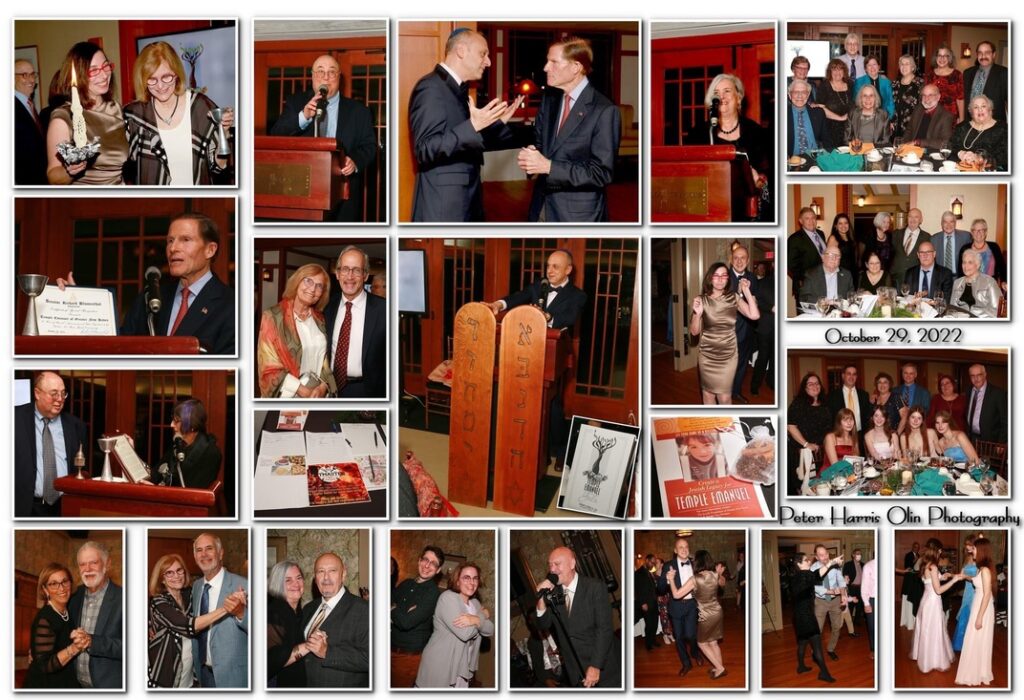Every family seeking refuge in the United States has a story to tell. Yuri, Olga, Emma, and Masha reunited two weeks ago when Yuri drove to the Canadian border to bring his wife and two daughters to Connecticut. It was a long drive to their new apartment that JCARR helped procure. We appreciate them sharing their story and are grateful for Rabbi Farbman translating the conversation.
Yuri says it all began on February 24, 2022. When a bomb exploded at the military base approximately 500 yards away, they knew they could not safely remain in their home. Difficult and sad as it was, it was time to leave Ukraine. Initially, they thought they would return, but that seemed less likely as the war continued. Their path led to Spain, Canada, and then the U.S. Eventually, they realized that they wanted this move to be permanent.
Connecticut was attractive for several reasons. Yuri has a half-brother who immigrated here twenty years ago and lives in Brooklyn. Their oldest daughter is living in New York, where she is developing her profession as a makeup artist. Yuri and Olga want a safe environment for Emma and Masha “…to develop in the life we do not know.” Like most parents, they want safety and opportunities for their children. Yuri says, “People still dream of the U.S. as the land of freedom and opportunity.” The decision to move to Connecticut was finalized when a friend of Yuri’s brother helped him find a job here. Olga said, “We couldn’t imagine what it would be like. On this journey, we learned that things would not work the way you expect them to. So we decided not to have expectations but to treat it as an adventure. We did not expect the kind of loving care we have been overwhelmed with. “ With that, several of us reached for Kleenexes.
Olga and Yuri worked together in the tourism industry, organizing children’s programs, fancy balls, tours of Ukraine, and screen-free programs for kids, to name just a few. Their work fostered an attitude of “get up and go, explore, adjust to new realities, and have a sense of adventure.” This work requires attention to detail and patience when dealing with bureaucracy, traits that have served them well on this journey. Emma worked with children and teens for several years. While in Spain, Emma and her father organized a camp for the Ukrainian refugee children. Every day they organized activities, giving the youth a focus for their time and the parents much-needed breathing space. When Rabbi Farbman and his son Sam were in Spain, they were impressed by Emma’s capabilities. Emma says, “I love working with children and teens and want to explore different options for doing that as I continue my education.”
Rabbi Farbman notes, “When you don’t know what to do when a disaster falls on your head, think about helping others.” This is a family that knows how to do precisely that. As they adjust to living in a new environment, their attitudes and skills serve them well. Yuri says, “We dealt with bureaucracy in Spain and Canada, but nothing is as complex as the U.S.” And yet, they started the process for themselves – using YouTube videos as a guide. Jean Silk of JCARR notes, “We’ve never had a family file the various applications for social services independently.”
As part of settling in, the family is eager to explore the area’s cultural offerings. They look forward to visiting museums, festivals and attending cultural events. Emma is grateful for the community she experienced while attending Kabbalat Shabbat in Spain and looks forward to learning more.
She seems to sum up the family’s gratitude when she says, ‘I could never have imagined how many people we’d meet who would go out of their way to help us.”
